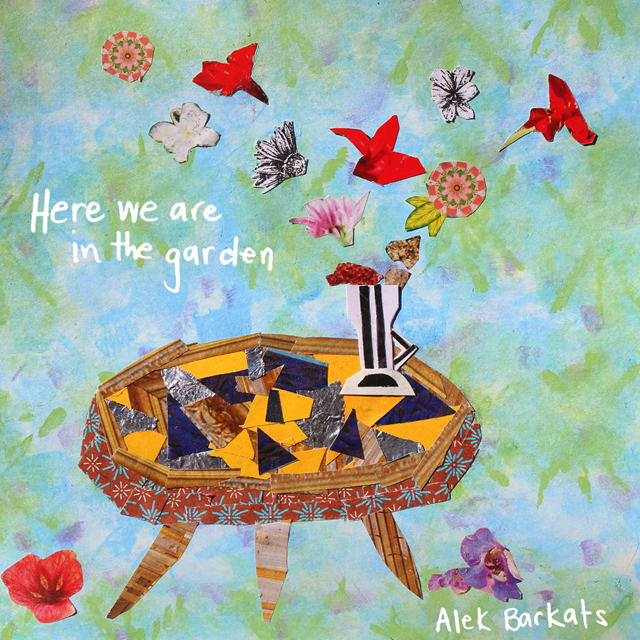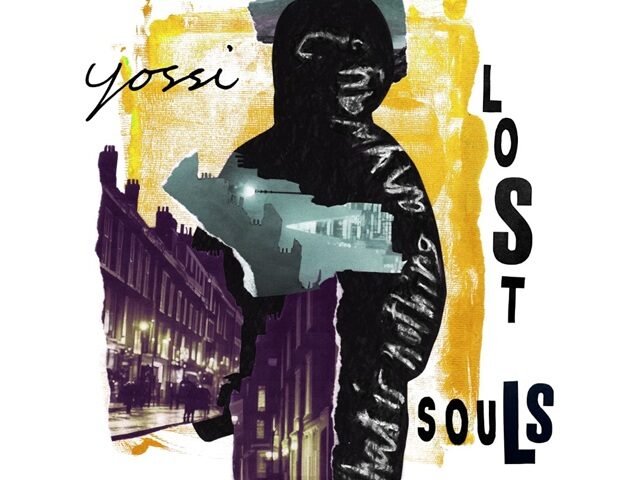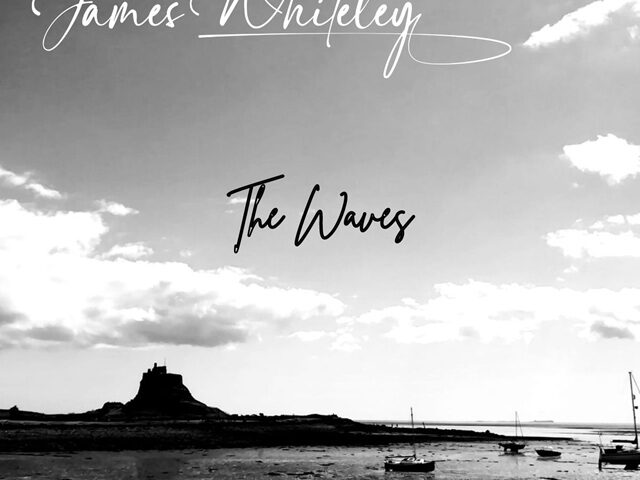
The newly released sophomore album from Philadelphia-based artist Alek Barkats, Here we are in the garden captivates in its range of quality songwriting and tonal pursuits — from the twangy rock brightness of “I am the son of an evil man” to the piano-touched lushness of album finale “Spring.” “These songs are an homage to the boring everyday. An ode to the little lives we cultivate,” says Barkats, who has also served as a pianist for other projects, including Lizzy Dutton’s live band and jazz-rock ensemble Cheap Charms.
Recorded between Oakland and Philadelphia, the album succeeds in its consistently compelling songwriting; a cast of talented Bay Area-based musicians bolster the production. Opening track “Jewels” enamors in its warming assortment of piano and gentle acoustic strums, complemented by serene vocal layers. “They’d rather keep me in sight,” the lead lets out, venturing into a beautiful string-laden majesty as the chorus hits. Hwaitg touts a pleasing folk-pop embrace throughout, and “Jewels” is enjoyably representative of such.
A comforting, nostalgic pining allures on “Butter,” where peppy acoustics and twangy guitars converge with metaphorical depictions of the comfort food — turning back “the dial of the radio,” and remarking “there’s butter on every note,” in suavely impactful form. “Hologram” follows with a dynamic engrossment, venturing seamlessly from piano-laden folk subduedness into a rousing central hook with depictions of “another world where nothing matters.” “Hologram” is certainly a standout, with its cohesive spanning from folk-ready introspection into soaring captivation.
Fit for riverside contemplation, “River” evokes outdoor lyrical imagery with a caressing folk arsenal. Barkats conveys a sense of loss, transformation, and becoming intertwined with nature, particularly through the river-minded metaphor. Hwaitg features Barkats’ poetic lyrical prowess, and “River” is especially indicative of their more scenic realms. The album shows a darker, visceral charm with “I am the son of an evil man,” where brooding vocals and ominous guitar/organ interplay complement depictions of a complex human experience, where one struggles with inherited traits, personal desires, and the role of free will.
The album concludes with flourishing beauty in “Spring,” conjuring a sense of awakening in its track title and lyrical perspectives; the concluding role is fitting, following tracks that capture personal contemplation amidst day-to-day relatability. “How I love to watch the light transform,” the vocals muse, complemented by a gorgeous assortment of calming guitars and flourishing piano. Alek Barkats shows a stirring knack for compelling lyricism and melodic songcraft throughout Here we are in the garden.





